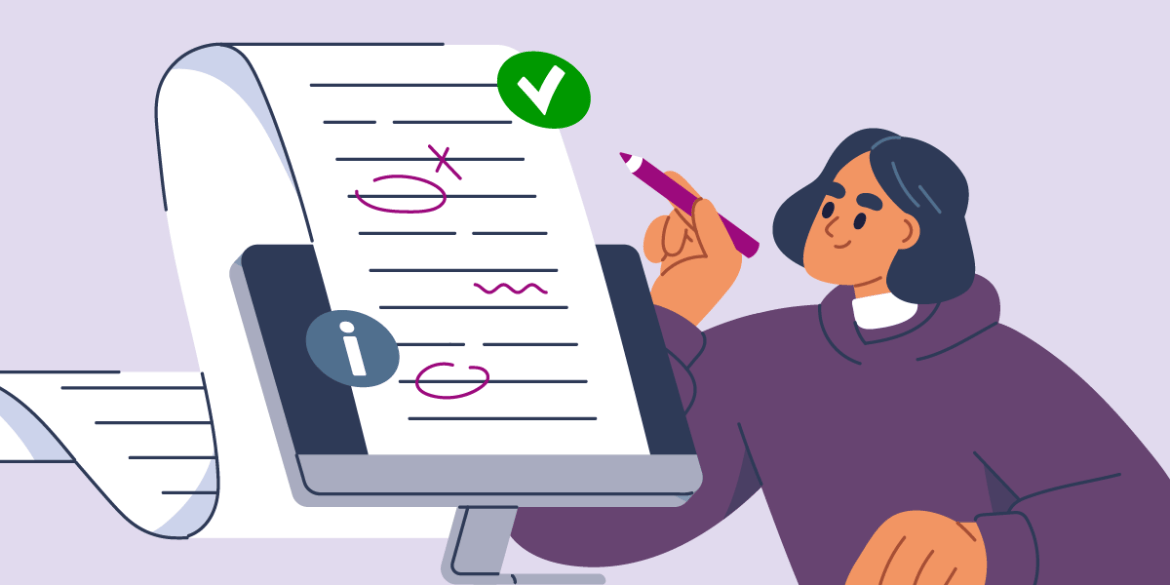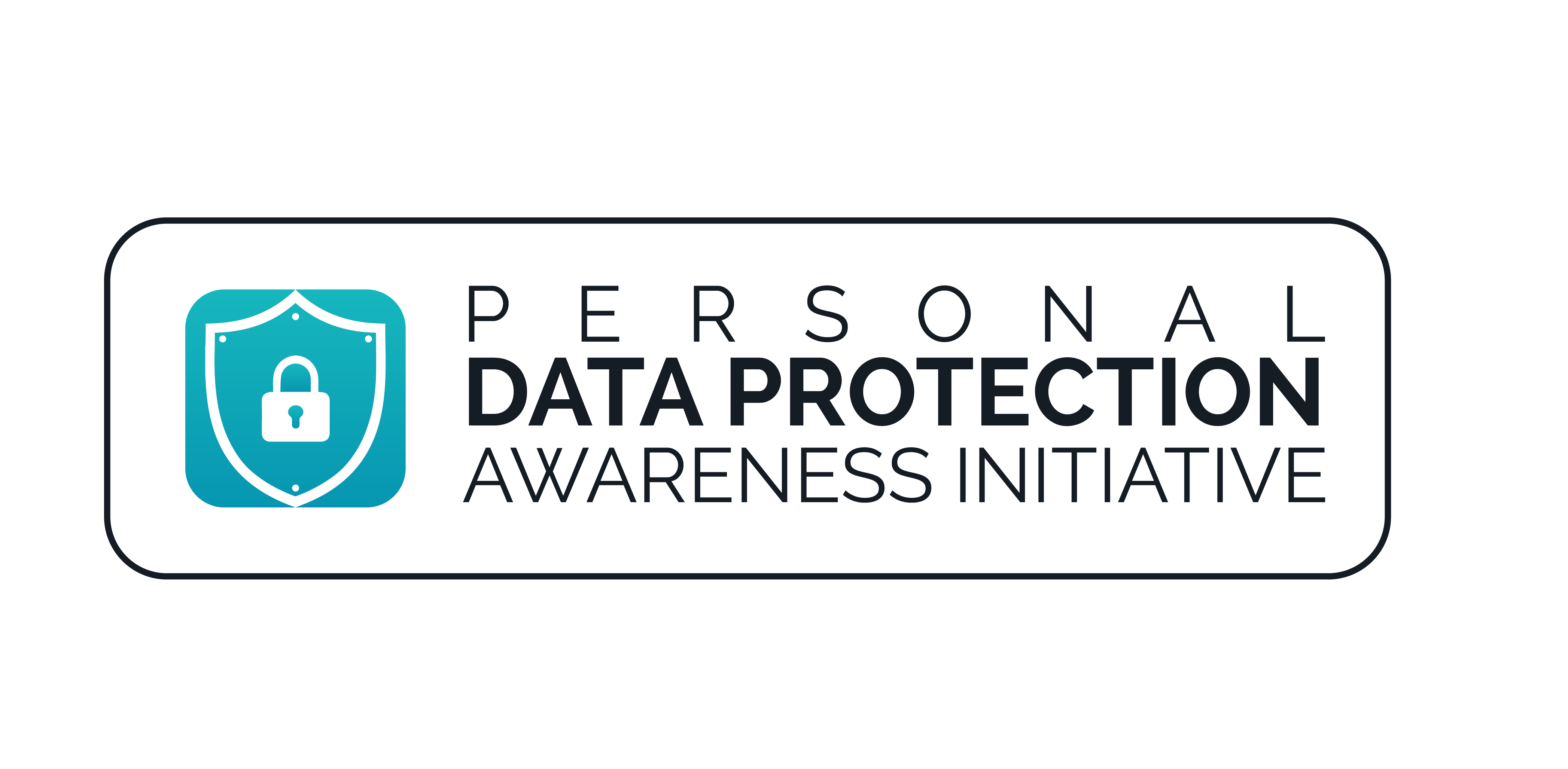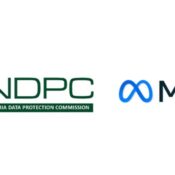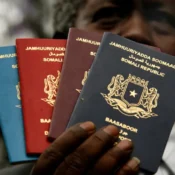
Balancing Accuracy and Accountability: The Right of Rectification Explained
The accuracy of personal data has become both a legal and ethical necessity. As organizations increasingly rely on data to drive decisions, services, and innovation, ensuring data accuracy is crucial. At the heart of this responsibility lies the right of rectification; a legal provision under the Section 34 of Nigeria Data Protection Act (NDPA) 2023, which empowers individuals to request corrections of inaccurate or incomplete personal data.
This right is foundational to fairness, dignity, and inclusion in the digital space. Inaccurate data can have real consequences, from being denied services to being misrepresented in institutional records. Section 34 of the NDPA gives individuals the right to request rectification “without undue delay.” This mirrors global standards like Article 16 of the EU’s General Data Protection Regulation (GDPR), highlighting Nigeria’s alignment with international best practices.
In Nigeria, where data infrastructures are still maturing, errors in personal information, whether in banking, education, or healthcare, can be common. Simple inaccuracies like a misspelled name or wrong date of birth can hinder access to essential services. The right of rectification provides a direct legal remedy to address these issues swiftly.
Obligations on Data Controllers
Under the NDPA, the duty to facilitate rectification lies with data controllers who determine the purpose and means of data processing. Upon receiving a valid request, they must respond promptly and inform the individual of the outcome. If inaccurate data has been shared with third parties, reasonable efforts must be made to update them as well, ensuring accuracy across the entire data chain.
This obligation is operationalized further through the NDPA General Application and Implementation Directives (GAID), issued by the Nigeria Data Protection Commission (NDPC). The GAID stresses the importance of data correction systems as part of an organization’s data governance framework. Article 36 of the GAID mandates that platforms used for data processing must support timely and efficient rectification mechanisms.
Simplified Correction Processes
A unique feature in Nigeria’s context is the link between rectification and the National Identification Number (NIN), managed by the National Identity Management Commission (NIMC). The NIN serves as a verified source of identity data, widely used in banking, telecommunications, and public services.
Historically, correcting data in Nigeria often required court affidavits and newspaper publications even for minor changes, making the process costly and slow. For instance, correcting a spelling error on a bank record could require legal documentation, even when correct information is already present in the NIN database.
To address this, Article 36(3) of the GAID clarifies that affidavits or newspaper publications are not required when the correction aligns with NIN-verified data. This streamlines the rectification process, reduces administrative burdens, and promotes fairness to individuals
Organizations, particularly in regulated sectors, are now expected to rely on the NIN as a trusted source. If a person presents correction details that match their NIN record, the update should be made promptly unless there is a valid reason to suspect fraud. This creates a more seamless and just system for handling inaccuracies.
Embedding Rectification into Systems and Culture
The GAID further requires that systems used for data processing allow users to verify and correct their data easily. Organizations are encouraged to integrate with identity verification APIs, such as those from the NIMC, to support real-time validation. This approach not only simplifies the correction process but also strengthens data quality and reduces reliance on outdated information.
Most importantly, data subjects should not be charged for corrections if the error originated from the data controller. The GAID also states that individuals must be given adequate opportunity to verify their data before it’s finalized. If a dispute arises, the controller must be able to prove that such an opportunity was provided. These rules enhance accountability and fairness.
To comply, organizations, especially financial institutions will need to revise internal policies, train staff, and reconfigure customer support systems to remove outdated practices. Agencies such as the Central Bank of Nigeria (CBN) and the Nigerian Communications Commission (NCC) may also need to align their sectorial rules with the principles of the NDPA and GAID.
Challenges and the Role of the NDPC
Despite clear guidelines, practical implementation remains a challenge. Many organizations, especially small and medium enterprises (SMEs), may lack the technical capacity or awareness to comply effectively. Individuals may also be unaware of their rights or discouraged by unclear or inaccessible rectification channels.
The NDPC and civil society organisation and other stakeholders has a critical role to play in bridging this gap. Through education campaigns, inspections, and enforcement actions, can drive compliance and ensure that the right of rectification is not just theoretical but actionable. The Commission’s powers to impose penalties or suspend non-compliant data processing serve as an important enforcement tool.
Conclusion
The right of rectification is where accuracy meets accountability. Nigeria’s NDPA 2023 and the GAID provide a robust legal and operational framework for this right. However, translating these policies into practice requires sustained effort, investment, and collaboration across stakeholders.
By embedding rectification into system design, training personnel, raising public awareness, and enforcing compliance, Nigeria can ensure that data errors do not become barriers to opportunity. Ultimately, a strong rectification process not only protects individuals but also strengthens public trust and the integrity of Nigeria’s digital future.



